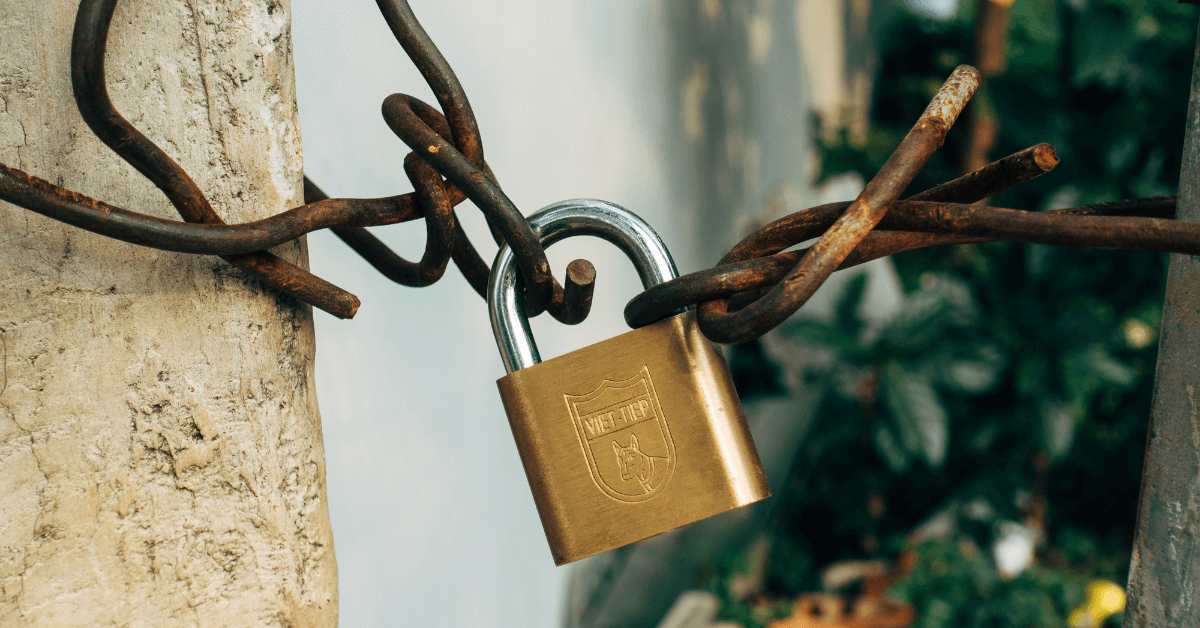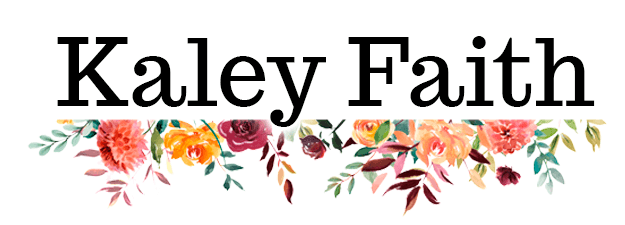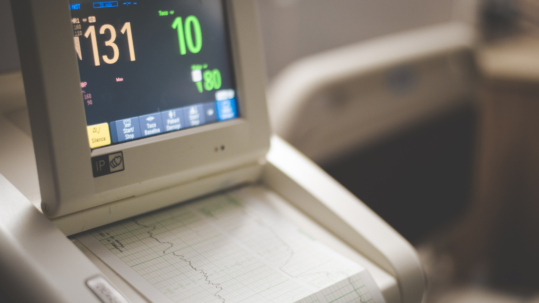
06 Aug Life and Worship in the Midst of Apathy
I am driven by striving. In one conversation with a Christian mentor, the words blurted out before I could properly weigh them: “Striving is what makes life worth living.”
I wasn’t completely wrong, but I definitely wasn’t right either. A more appropriate statement might have been “Striving towards a goal is life-giving to me,” and yet with tears in my eyes as I grieved the loss of my ability to be productive, I couldn’t help but feel my reason for living and thriving was gone.
I’ve always had self-motivation, and have lived my life launching from endeavor to endeavor. As a kid, I made and sold pet collars, I peddled homemade dried fruit, and set up an online shop for my handmade jewelry. As a teen I skipped a few grades and I managed to graduate high school by 16. I created my own recipes, kept a food blog, and created a file called “Kaley’s Someday Cookbook.” I applied for scholarships and got them. I entered contests and won. I would read trilogies in days, and having felt adequately researched, managed to type a 20,000-word draft titled “Kaley’s Novel.” In college, I was projected to graduate by 19, but even so I met with my advisor to see how I could speed up my degree even more, and she responded with, “But what’s the rush?”
That’s the thing. There was no rush. Just an inner drive and compulsion to charge ahead, pave new paths, and accomplish new things. It was, and is, an explosive ache in my soul. It permeates my being, from the ponderings of my heart to the restlessness of my hands to the envisioning of my eyes – everything in me desires to create and be productive.
And so in developing POTS, one of the main things on my mind was how I was going to stay productive despite no longer being able to work my previous job as a kitchen assistant. I maintained my independent lifestyle while living in the Northwoods of Wisconsin, doing my best to respect my new physical limits while still running errands, visiting family, and staying active in my Bible study and local community of peers. In denial (or ignorance), I started applying for part-time jobs in my area with a new excitement for a change of pace. “Maybe this is how God will lead me to a different profession!” I excitedly wondered. But as time wore on, my limits narrowed and I was having significant issues making postural changes, walking, doing stairs, and honestly, just standing long enough to even get myself showered. My mom was coming up once a week to help me buy food, do my laundry, and wash my dishes. It started to sink in. I was not the same anymore. I had drastic limits, unlike everyone else around me. And in the silence of each night, I would lie awake and wonder if I was squandering away God’s plan for my life due to the simple fact that I now had POTS. I had waited for life to “unpause” and resume back to normal, but it just wasn’t happening.
And certainly, in the midst of the increasing struggle, I wrestled (and continue to wrestle) with God’s will to heal and what that meant for my life, my faith, and my circumstances. But I also struggled greatly with the simple reality that my day-to-day productivity was limited. I was grieving. I was angry, sad, confused, and frustrated. My view of God shifted from a loving Father who was a refuge in times of trouble, to a disappointed puppeteer who set me aside after my strings broke, commanding the show to go on without me. I felt like I was holding empty promises from a God who hadn’t been planning on my becoming disabled, and who could no longer use my life in the way He (or I) had planned.
The simple task of getting out of bed became the most difficult task I faced on a daily basis. The “postural” term of “postural orthostatic tachycardia syndrome” indicates that making such changes as laying down to standing up causes the majority of the symptoms. So in addition to the depression and mental heaviness I felt, POTS helped make getting out of bed a long, drawn-out, miserable ordeal.
A pervading theme to my thoughts was wondering what made life “worth” it. I don’t necessarily mean true life or death, although it does apply here. But moreso, why should I care to avoid apathy or cynicism? Why should I choose life-giving habits over life-damaging ones? Why should I bother staying in community? Why should I go outside or drink enough water? Ultimately, why should I get out of bed? If you know me, you may find these questions surprising based on my typical upbeat attitude. But as most people know, it’s not hard to show the best parts of ourselves in favor of hiding what is so broken.
Appropriately, my counselor recommended the book On Getting Out of Bed by Alan Noble, and it was while reading this book that it finally clicked.
I realized that it is not because of “potential” that my life is worth living. It is not productivity, career, experiences to be had, expectations of self or others, friends and family, or even striving.
Instead, life is worth living because it honors God, and God is worthy of honor. Getting out of bed, getting dressed, and eating enough calories are all genuine acts of worship to the one who is fighting apathy in the midst of illness. And though life may not feel meaningful, the fact that God made it means it has meaning. If He hadn’t wanted me, He would not have formed me in my mother’s womb in His own likeness and bearing His image, with His own breath in my lungs.
And in the midst of suffering we can ask the hard questions; the “Why this?” and the “Why now?”, but if we look at God in scripture, we more often see Him respond with, “I am with you,” rather than giving a direct answer. Be it to Job, Abraham, or the Israelites in the midst of suffering, difficulty, or fear, God repeats the sentiment – “I am with you.” Even His ultimate salvation act was God Himself becoming a real man. Immanuel. God with us. No longer in words alone but rather flesh and bone, The Living God was with us, being shamed in His hometown, abused and mutilated, and abandoned by those who had promised faithfulness unto death. He came not only to sympathize with us in our weaknesses, but to sacrifice Himself in order to right the wrongs, mend the broken things, and create a new covenant that reconciles God to His creation and allows for mercy and grace. It is Jesus who creates hope for those who are hopeless. He is the one who promises new life and ultimate healing.
And therein lies the point.
I am not the savior of the world – it has never been and will never be part of my job description. Rather, it is God’s job to be the creator, and it is my job to be the created. Losing my day-to-day productivity has not changed the way God sees me, because the intrinsic value of a human life is not dependent on “doing,” but rather “being.” Similarly, salvation is not something that I can add to or take away from depending on my works or ability. Whether I am a missionary reaching the nations or a bed-ridden young adult, it is through faith alone, by grace, that I am saved.
“For by grace you have been saved through faith. And this is not your own doing; it is the gift of God, not a result of works, so that no one may boast.” Ephesians 2:8-9
And ultimately, if I am to call myself a Christian, then I am declaring that I submit to Christ as the Lord of my life. In that statement alone, there is great comfort. I am not a broken and discarded puppet, but rather a vessel of clay that God continues to mold, shape, and mend according to His good pleasure. These circumstances that are beyond my control are not disqualifying me from the plans of God, nor do they override what I believe have been promises from God for my life. I am reassured that despite often taking His sweet time, the God of the Bible fulfills every promise, every time.
Come hell or high water, I have committed my life to Him, acknowledging that suffering and hardship are a part of living in a broken world and knowing that the ultimate culmination of my relationship with Him is healing, deliverance, and receiving the fullness of salvation in eternity. I have seen flashes of His kingdom on earth, and I have experienced the kingdom of darkness too. And yet, in all things, I must cling to Him, knowing that the difference He offers is hope.
-
Making a Full Physical Recovery – A Day-by-Day Miracle
“You should exercise more.” A brutal statement. One I had tried to fulfill on my own, and time and time again, had failed. It was a frustrating piece of advice from my doctor, and felt so out of reach as I navigated my bouquet of chronic illnesses....
27 June, 2024 No comment -
Awesome Recovery News!! And Why I No Longer Plan To Write About My Symptoms
I am so excited to report that after graduating from the 3-week Pain/Symptom Rehabilitation Center at Mayo Clinic in Rochester and continuing the program at home, I am nearly 100% recovered!...
05 March, 2024 3 Comments -
What is the Valsalva Maneuver like?
The Valsalva maneuver is EASILY the most fascinating thing I’ve gotten to do in this entire medical adventure. On the surface, it’s a fairly quick and easy part of autonomic testing, but underneath, it’s one of the coolest and most complicated mechanisms of the human body that I’ve encountered. ...
17 January, 2024 3 Comments






No Comments